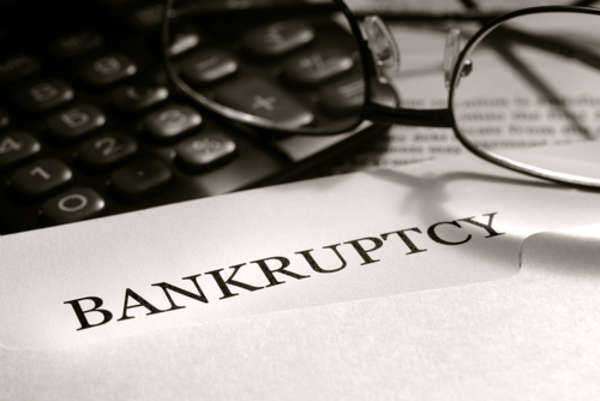Understanding Bankruptcy Fraud Penalties
Bankruptcy fraud penalties are put in place to discourage those who think they might be able to take advantage of the bankruptcy systems of America in order to make money or avoid debt.

As a consequence of bankruptcy filings existing for the sake of the debtor, as much as the creditor, bankruptcy proceedings have a certain amount of honor about them, which is consequently broken whenever bankruptcy fraud is committed. This is why bankruptcy fraud penalties are often higher than one might expect.
Bankruptcy fraud penalties are considered criminal punishment, as bankruptcy fraud is frowned upon strongly. Beyond the actual perpetrators, any who knew of or assisted in the scheme can also be held accountable and prosecuted for the same charged. The Department of Justice does the necessary prosecution, while the Internal Revenue Service does all necessary investigation. The Department of Justice handling such a case makes the crime clearly a federal affair.
The maximum penalty of imprisonment for bankruptcy fraud is five years, but hefty fines can be charged to the culprit, in addition to any and all restitution that must be made. The most you can be fined for bankruptcy fraud is $250,000. It is entirely likely that thanks to these fraud penalties, if the perpetrator didn't have to file for bankruptcy before his or her fraudulent attempt, he or she will likely have to do so afterwards, legitimately.
Of course, like almost any form of fraud, a vast number of cases never actually even get brought to court. Many are simply never even discovered, or are dismissed early on for a lack of evidence. It could be the difficulty of proving such fraudulent cases that accounts for how little they actually appear in court, as it may not be worth the time or effort necessary to attempt to pursue every fraudulent bankruptcy claim.
The United States Department of Justice estimates that one out of every ten bankruptcy cases is fraudulent in some fashion, but unfortunately even with this in mind, there is often no clear sign that any given case is in fact fraudulent. As a result, fraud penalties go far less often used than they seemingly should.
The fear for any who do not actually attempt to perpetrate bankruptcy fraud is that they simply will fail to fill out the bankruptcy forms correctly in some fashion, and will thereby become subject to bankruptcy fraud penalties, as if they had attempted to conceal assets. This is the worst case scenario, that innocents become subject to charges of fraudulent action simply because of mistakes.
But with the help of legal counsel, it is entirely possible for most who are accused in such situations to correct the mistake to the satisfaction of all parties, without the need for any application of bankruptcy fraud penalties. Sometimes, there may be fines to be paid in order to fully make amends, but in general, there are ways to avoid suffering from the full effect of bankruptcy fraud penalties if they are not deserved.